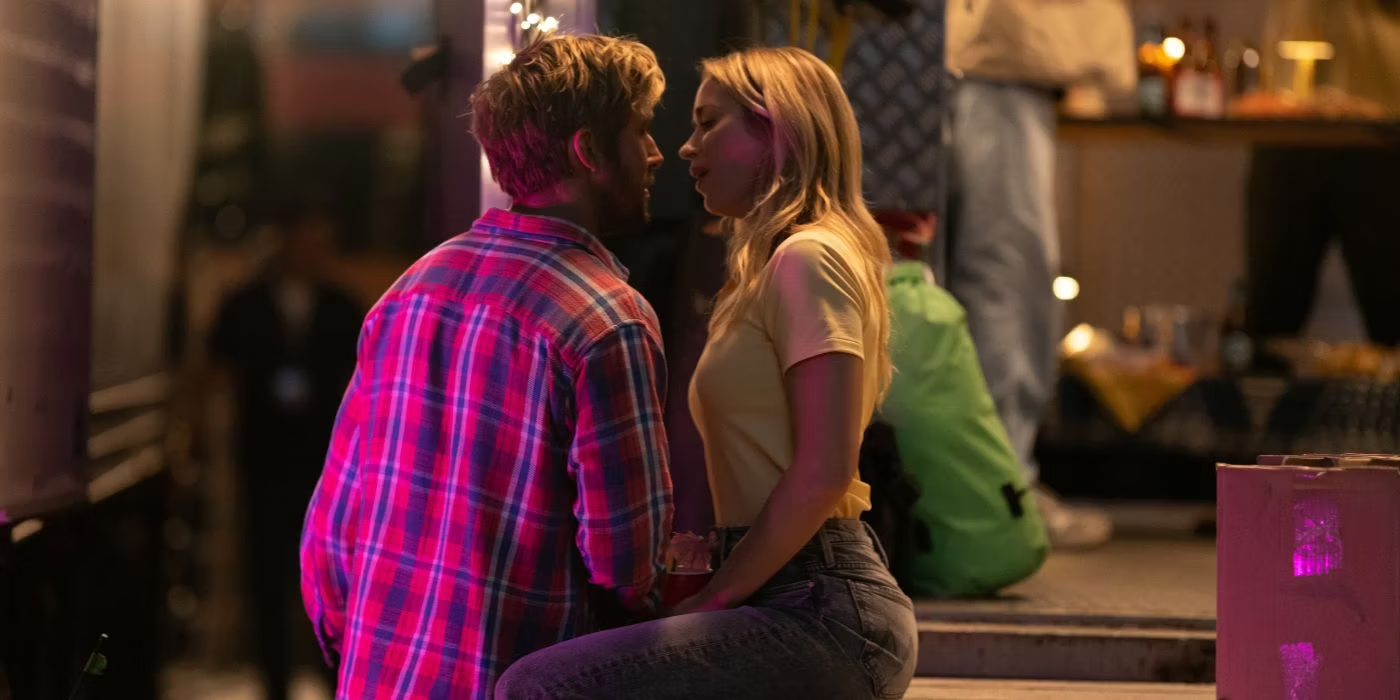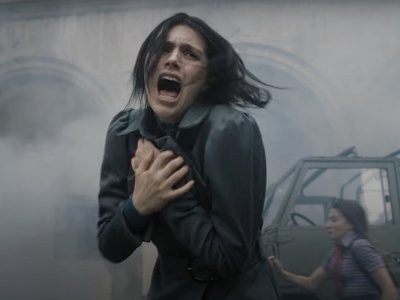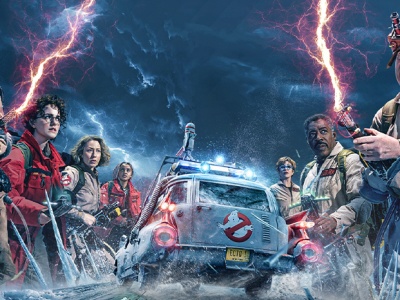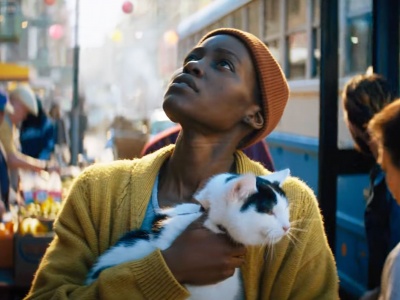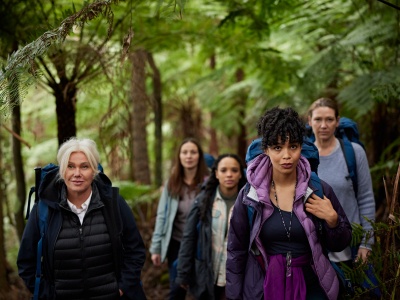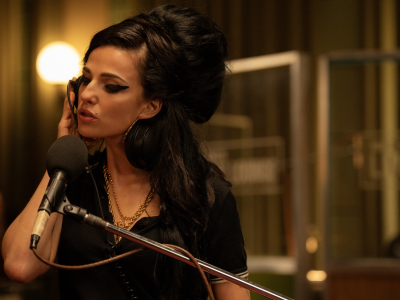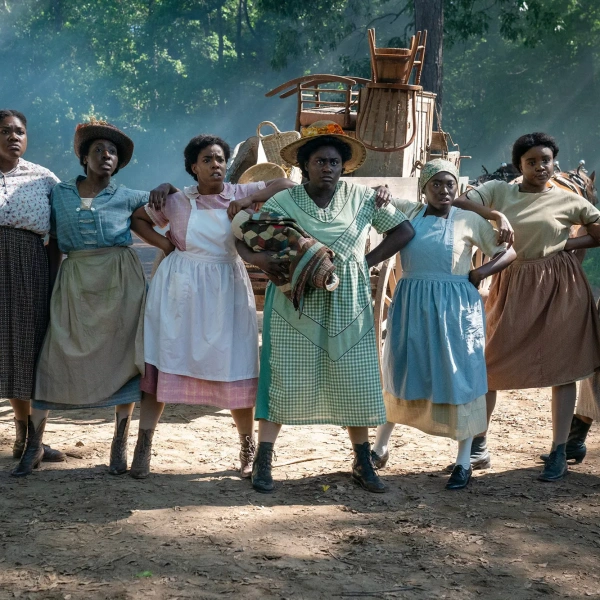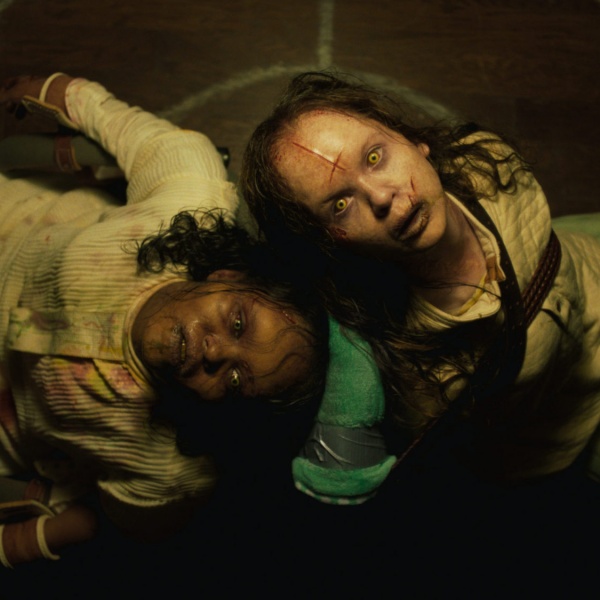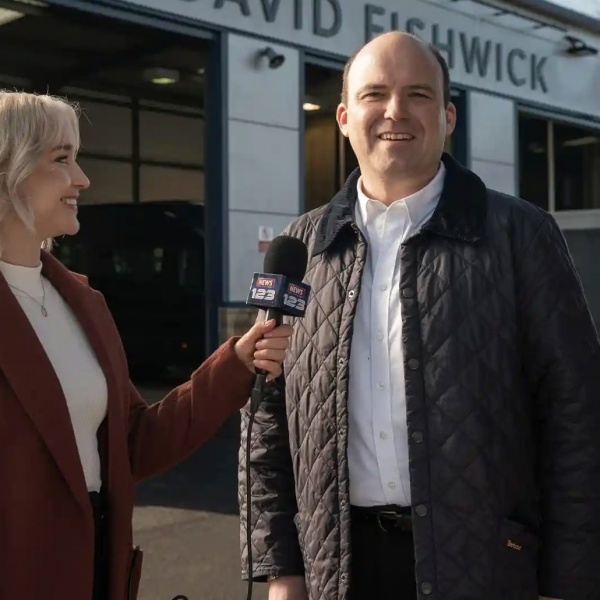Director / Writer: Noah Baumbach
Starring:
Scarlett Johansson, Adam Driver, Laura Dern, Alan Alda, Julie Hagerty, Merritt Wever, Ray Liotta, Martha Kelly.
A film entitled “Marriage Story” may not necessarily entice a large percentage of people to think “Hmm, sounds like a great way to spend a Friday night. I must see this!”. Then again, that may depend on one’s historical reference and experience of the institution that is ‘marriage’. But that is the enormously satisfying surprise that Noah Baumbach’s new film delivers, there is absolutely nothing dry, standard, soppy or predictable about it. In true Baumbach style, he turns all our expectations upside down and fixes us to our seats with shockingly real and raw scenes of humans in all their tragic and hilarious glory.
Full of standout actor stuff, Marriage Story comes to Netflix soon and lifts the streaming game a level again with it’s award worthy performances. The dry title cleverly belies an eclectic experience that takes us from righteous comedy to court drama to knife-wielding horror to touching love story and musical too.
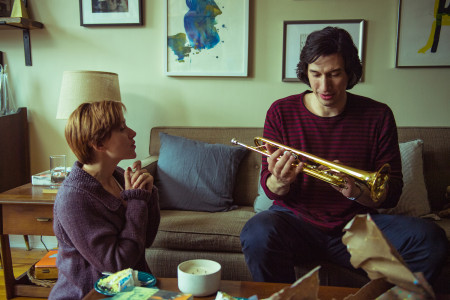
We open with a voice-over monologue delivered by Nicole (Scarlett Johanssen) as she reads a letter about all the positive things she loves about her husband (Adam Driver) and pretty quickly we realise something is coming to an end, as the story begins. Then we hear Charlie’s (Driver) letter juxtaposed with shots of the couple rehearsing a play and living their New York lives with their young son. The letters are a brilliant opening device that have a strong theatrical tone and take us directly into the intimate worlds of these characters.
Baumbach sets the tone for the film as the leads talk about those seemingly insignificant and mundane moments in our lives, such as telling your partner they have food stuck in their teeth to the way we eat “Charlie eats like he’s got somewhere else to be.” The way these ‘little moments of life’ are treated are what’s most refreshing and brilliant about the writer/director’s storytelling.

The cute moments told through the
letters turn out to be homework from a therapist as we discover Nicole and
Charlie are getting a divorce. Their careers are diverging from each other,
having worked together for Charlie’s theatre company for several years (Nicole
is an actress, Charlie a theatre director). Nicole feeling her own career and
needs have been ignored, coupled with Charlie’s affair with a woman in his
theatre company send them on a rocky journey of navigating this tumultuous time
while awkwardly handling their 7 year old son’s emotional needs and a
bi-coastal arrangement between New York and Los Angeles.
The writer gives the characters a
trunk load of challenges and obstacles that make for a rivetting, train-wreck
like watch.
America’s two most iconic cities play characters themselves in the film highlighting their vast differences, New York being Charlie’s home of choice with its world of theatre and ‘arty integrity’. The Woody Allen style neurotic moments and quirkiness reflect this. It’s a city you can walk in as well as a place of cosy community where friends pack into tiny, rickety old apartment rooms. While constrastingly LA may lack character and style, it has ’the space’ that everyone amusingly talks about. It’s a place of ambition and opportunity where Nicole craves to seek out some freedom and time to explore what she’s truly made of. The cities perhaps act as two opposing aspects that often pull againt each other in a relationship; the comforting yet stiflingly commitment versus that free open space we all crave to explore our individuality.
The female characters of this story are colourful, strong and exceptionally well developed; particularly the co-players. Laura Dern is a crowd-favourite as the feisty, sharp and hilariously vindictive attorney who represents Nicole in the divorce. Wearing provocative attire and unapologetic in her bulldozer approach, she splashes the screen with colour in her devil-like part. A hugely popular actor on the back of her brilliant role in HBO’s Big Little Lies, Dern’s unique combination of snarly wit and manipulative charm work brilliantly to act as antagonist to Charlie’s plight for custody of his son.

Her shining moment comes in the form of a monologue she dishes to Nicole about the imbalance of gender equality and how men ‘have only been decent fathers for the last 30 years’ and are forgiven their flaws while women get away with nothing less than perfection. Her religious references to “our Judeo-Christian whatever” and the Virgin Mary being “a virgin who gives birth” (!!) is a brilliantly written piece delivered with hilarious cynicism that hits home with its biting truth.
The hellish and unforgiving legal system is played up to almost a farce with striking characters in Alan Alda’s muddling and bumbling attorney and Ray Liotta’s Cheshire Cat turned bulldog. But as with all of Baumbach’s nuanced work, this is intelligent comedy with something to say about the often sad cruelty of the family legal system. Divorce has become so run of the mill in today’s world that we forget the profound impact it can have on those involved.
We’re treated to more exceptional comedic performances that spring up in the film, including up-and-comer Merritt Wever as Nicole’s younger sister (recently playing the lead in another excellent Netflix series, Unbelievable) . Wever delights with bold, almost slapstick style comedy that had me laughing out loud more than once. As the film goes deeper into the darkness of the divorce process, enter Martha Kelly as the evaluator who must spend an evening watching Charlie have dinner at home with his son. This scenario is set up for brilliantly awkward and uproarious moments and Kelly’s stone-faced, odd-ball like character is absolutely hilarious against Driver’s desperate and failing attempts to appear the perfect Daddy.
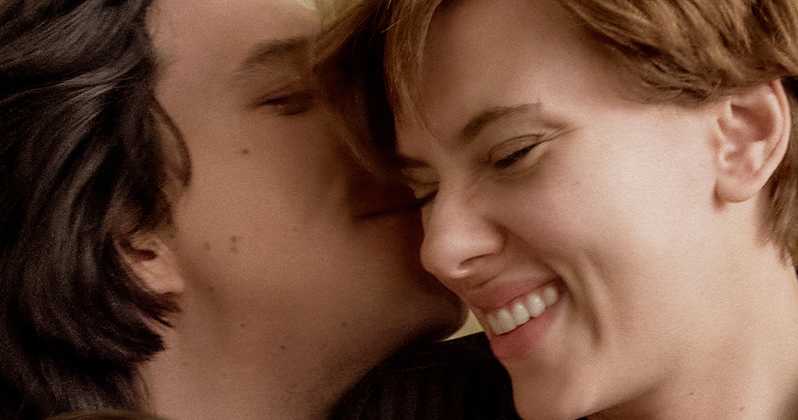
At the heart and centre of the film
are the strong performances from the two leads, with Adam Driver particularly
standing out with his beautifully nuanced balance of world-weary steadiness,
shaking and cracking at moments that just break your heart. Driver delights and
glues you to the screen in the scene with the evaluator watching his every move
and then surprises as he spontaneously launches into song at a diner with
friends near the end of the film. Grabbing the mic to haphazardly sing “Being
Alive” from Steven Sondheim’s Company, Driver hits you in the heart with “Someone
to hold me too close / Someone to hurt me too deep”, and we’re all reminded of
the way we crave the giddy heights and painful lows of love. Simply because all
we really want is to feel alive.
Baumbach’s new film will leave you
wanting to dive right back into your life, hurts, disasters and crazy moments
all included.
Check it out on Netflix this month!
Written by Nick Dale

